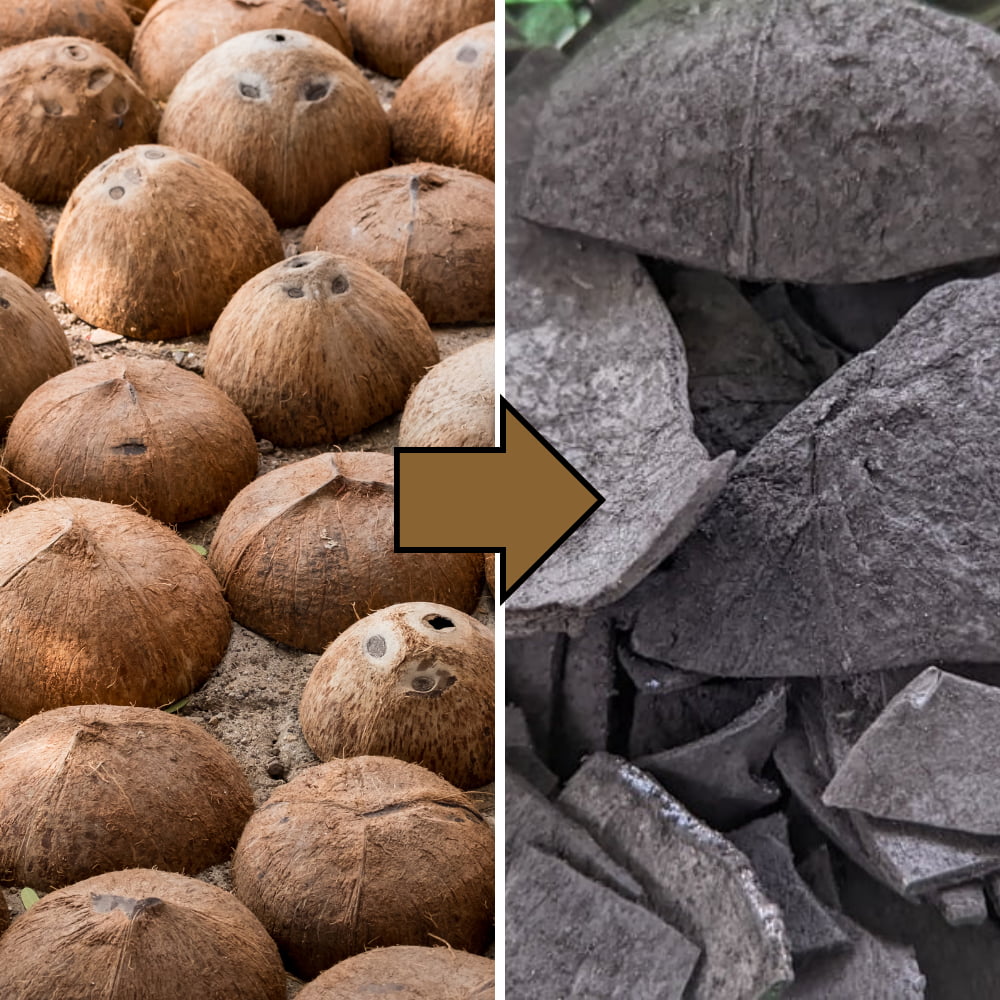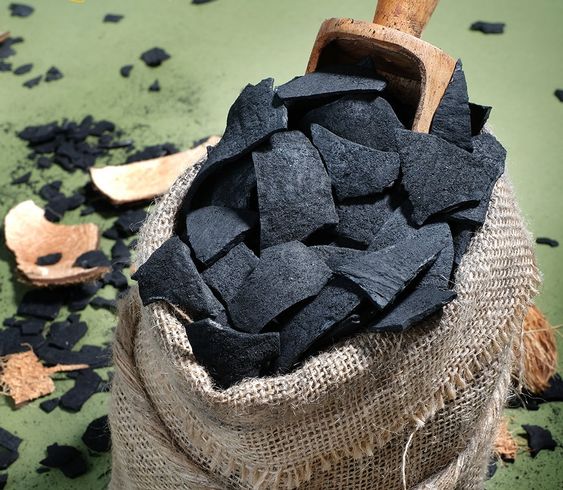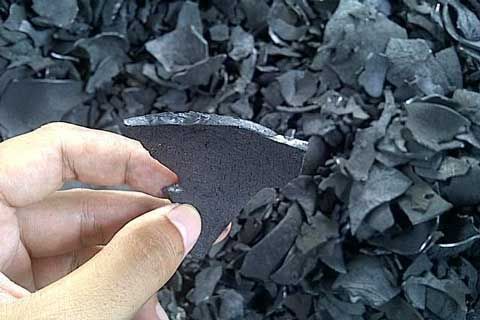Useful Informaiton
REDUCE COSTS AND INCREASE VALUE THANKS TO NATURAL MATERIALS FROM AGRICULTURAL WASTE: COCONUT SHELL CHARCOAL
Activated carbon is a form of carbon that has been treated with oxygen at high temperatures in an anaerobic environment before being activated using separate technologies to create a type of carbon with a more porous structure and a large contact area. Adsorbs and attracts other substances like a magnet.
The most outstanding advantage of activated carbon compared to conventional charcoal is that it is produced entirely from natural materials such as firewood, bamboo, coconut shells, rice husks, etc., helping to ensure safety for human health and environment.

Agriculture has always been one of the sectors that contributes importantly and has great significance to the development of the country’s economy. The idea of getting rich from agriculture is a direction chosen by many young people due to the increasing demand for clean products in society.
Currently, advanced countries around the world are very interested in “green” produced activated carbon. In recent years, domestic researchers have sought to produce activated carbon using natural ingredients. This has contributed to significantly lowering the price of activated carbon in Vietnam.
CURRENT NEED FOR EXPORT OF COCONUT CHARACTER PRODUCTS
Coconut charcoal is also known as coconut shell charcoal. After removing the water and copra, the coconut shell will remain, to solve environmental problems and bring benefits to coconut growers. People have applied technology to produce coconut charcoal to help completely solve the problem of fuel shortage. Coconut charcoal is often used for cooking and in BBQ restaurants and hot pot restaurants
.
Because coconut charcoal is made from coconut shells, it does not contain harmful chemicals, so it is very safe for consumers. In particular, due to the availability of raw materials and very low prices, coconut charcoal gradually becomes a favorite choice of consumers to replace charcoal made from other toxic materials. Especially in international markets such as Korea, the US and some European countries, coconut shell charcoal is very popular and trusted.
Exported coconut shell charcoal uses raw materials from dried coconuts to produce. This part of dried coconut is selected after removing the outer fiber and inner pulp. Must choose old coconut shells with moisture below 15%. Helps the coal structure to be hard, not crumble, and has less soot in the following stages. After that, the coconut shell will be put into a furnace under oxygen-deficient conditions at a temperature of about 1200 degrees Celsius, helping to remove the steam and at the same time retain the black carbon. Finally, put the charcoal through a steam activation step at a temperature of about 800 – 900 degrees Celsius. After the kiln is prepared, the finished coconut shell charcoal will be put inside to activate with steam to create coconut shell activated carbon.
APPLICATIONS OF COCONUT SHELL CHARCOAL
Coconut shell charcoal is increasingly widely used in many different fields, such as:
– Cleans traces of heavy metals dissolved in water, helping the water source to be cleaner;
– Is an effective reducing material for dissolved organic substances in water. From there, it has the effect of deodorizing and deodorizing, especially in industrial wastewater;
– Used to deodorize, decolorize, heavy metals and chemicals, pesticides and organic compounds in water;
– Provides high heat so it is popular for grilling food in restaurants, grills, BBQ hotpots,…

NOTES WHEN DOING IMPORT AND EXPORT PROCEDURES FOR COCONUT SHELL CHARCOAL
Coconut charcoal export policy: Coconut shell charcoal is not banned from export, not subject to export tax, normal export procedures.
Tax policy for exporting coconut shell charcoal: Coconut shell charcoal is regulated with HS code 4402.90.10, not subject to export tax.
Coconut shell charcoal belongs to the dangerous goods group (DG), so when exporting, a certificate of ignition temperature and MSDS must be obtained for the shipping company to check whether or not to accept the goods. In addition, to receive goods, it depends on packaging standards to ensure safety or not.
Thank you for reading! Have a nice day.
